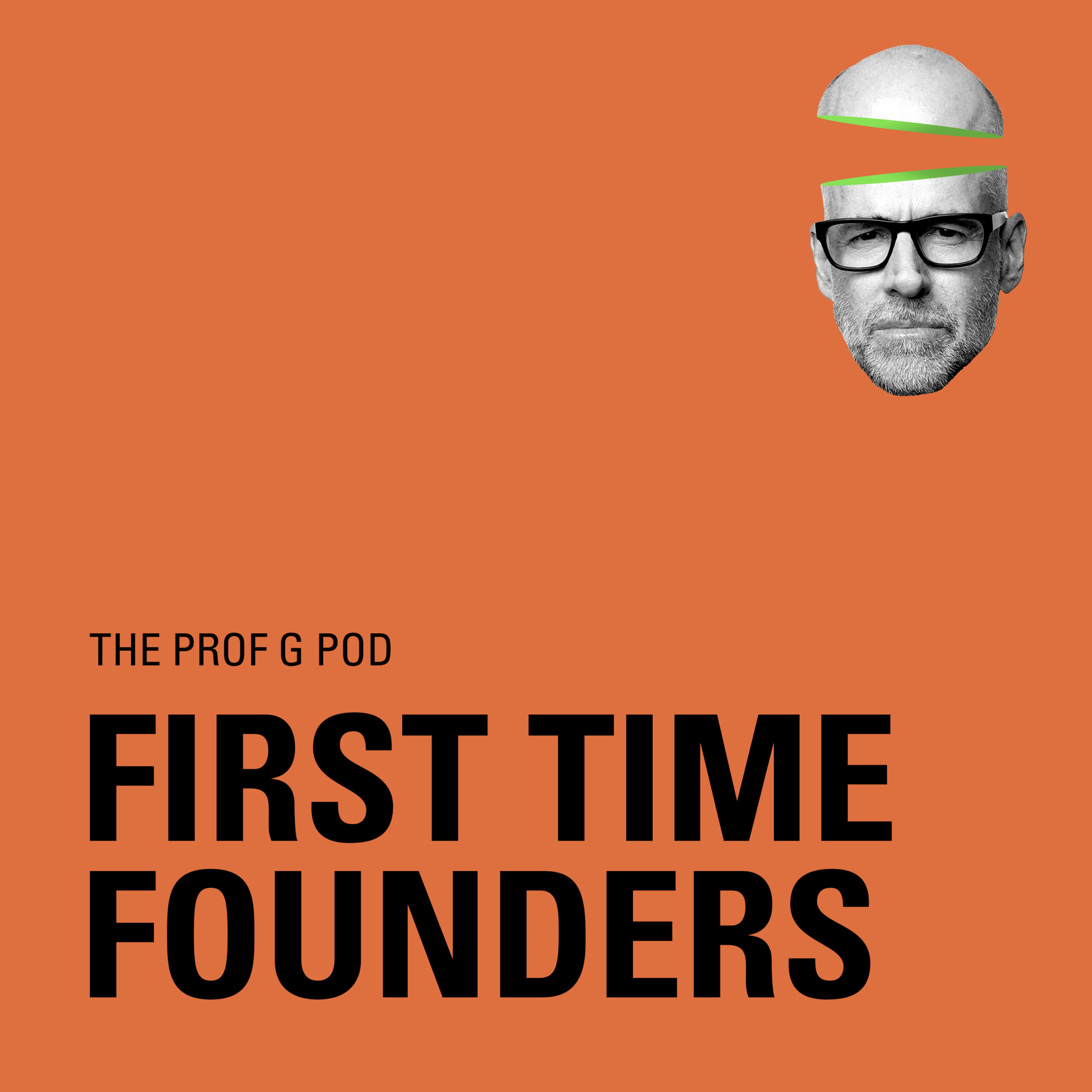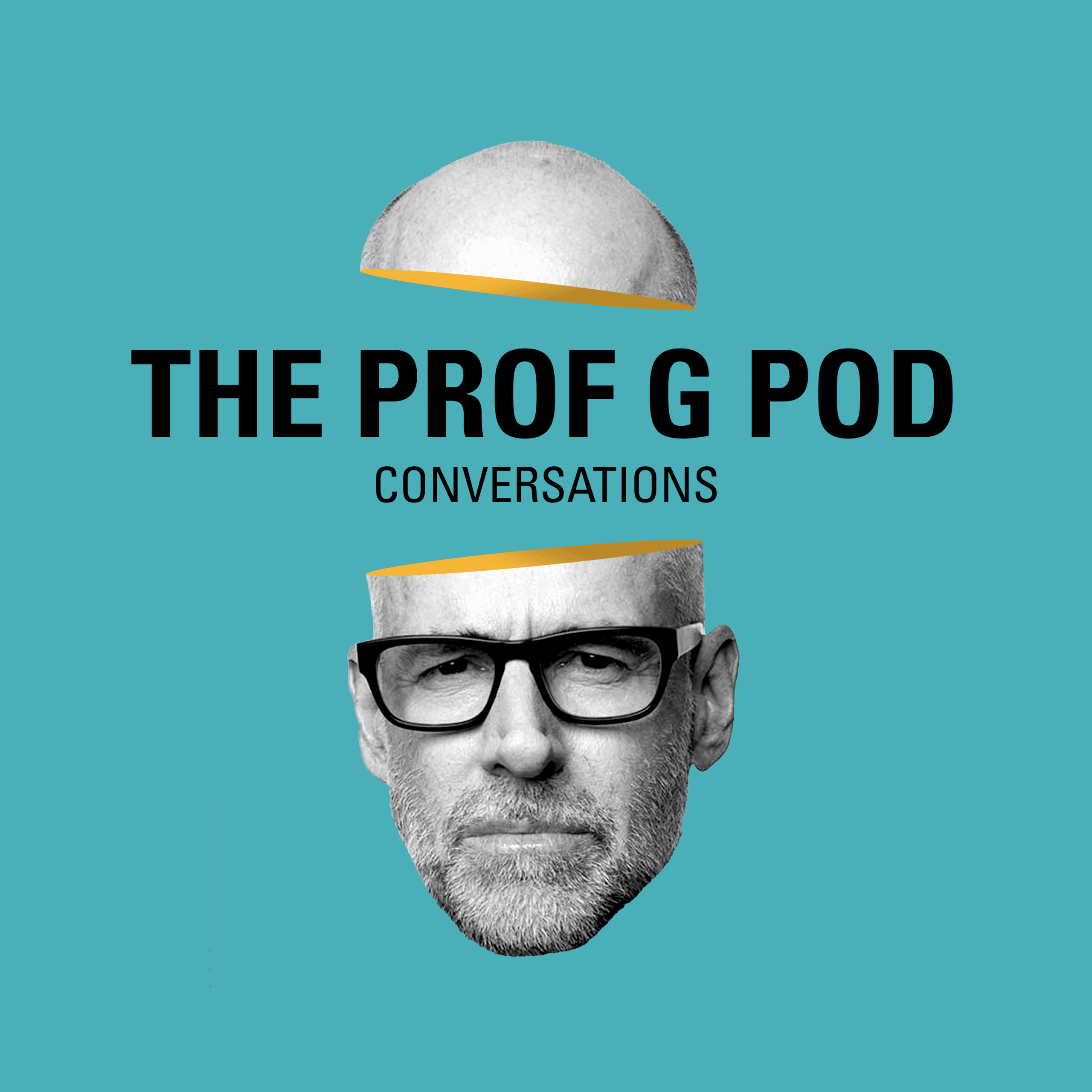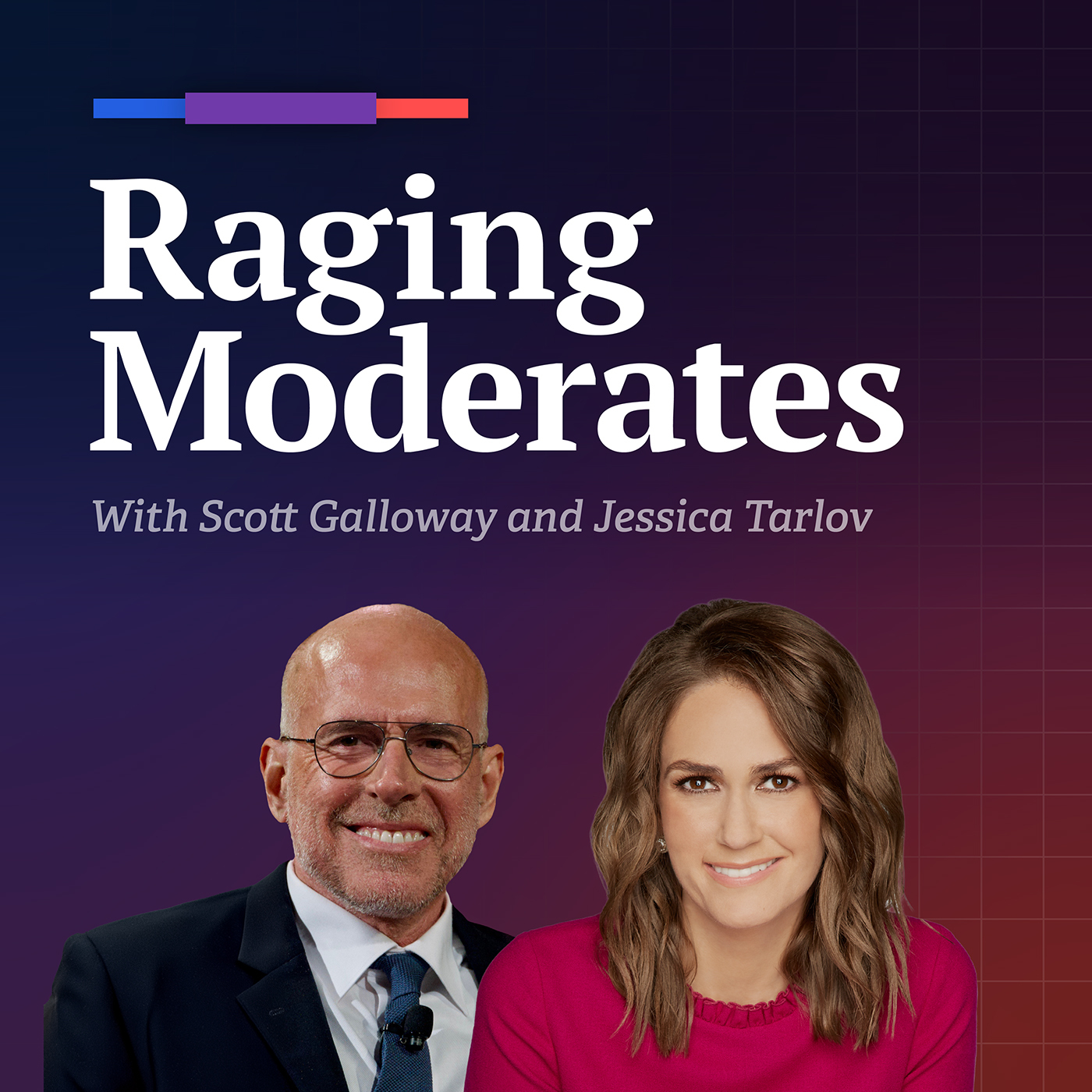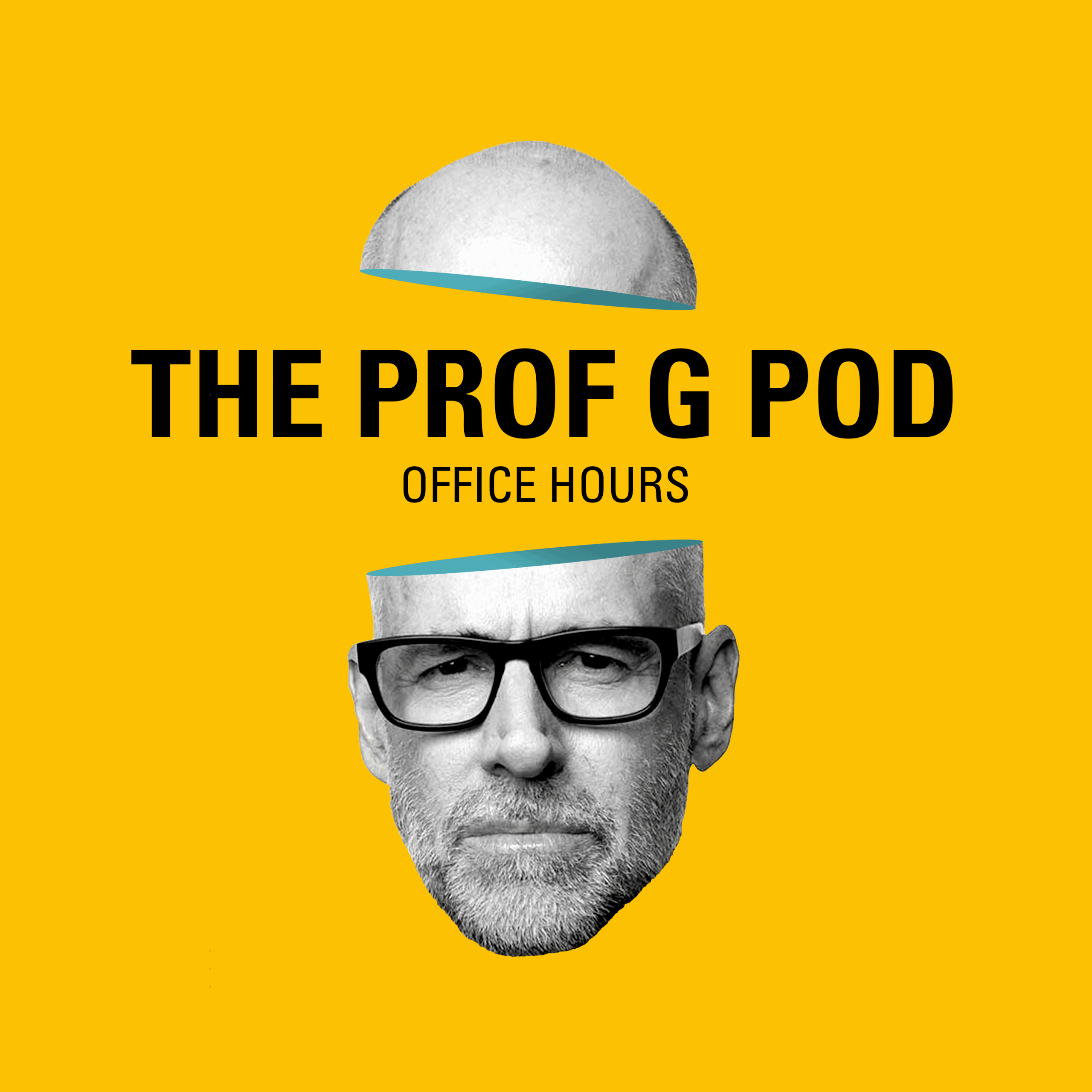Ed speaks with Graham Dugoni, founder and CEO of Yondr, a company that creates lockable pouches to promote phone-free spaces. They discuss how smart phones ...
Ed unpacks why the popular design software company Figma has decided to go public, breaks down Paramount’s $16 million payout to settle a lawsuit with Trump, ...
Robert Greene, an author who writes about strategy, power, and seduction, joins Scott to discuss how to build power, the roles we all play in daily life, and ...
Ed breaks down how Tesla’s stock reacted to Elon Musk’s latest fight with Trump, what the latest manufacturing data signals about the economy, and why ...
With JD Vance casting a tiebreaking vote, the Senate voted Tuesday to advance the GOP budget bill. To process this news, Jessica is joined by Galen Druke — the ...
Ed breaks down Canada’s decision to rescind its digital services tax, unpacks the escalating talent war between OpenAI and Meta, and takes a look at how the ...
Scott and Ed break down why New York is pushing ahead with a new nuclear power plant. Scott makes the case for nuclear as a smart long-term investment, while ...
Scott kicks things off with advice on whether being provocative helps or hurts when building your brand. He then unpacks some of the best and worst rebrands in ...
As read by George Hahn. https://www.profgalloway.com/the-grown-up-tax-bill/ Learn more about your ad choices. Visit podcastchoices.com/adchoices
Welcome to a bonus episode of The Prof G Pod. Karim Sadjadpour is a senior fellow at the Carnegie Endowment for International Peace, specializing in Iran and ...
Maya MacGuineas, president of the bipartisan Committee for a Responsible Federal Budget, joins the show to explain why she thinks the GOP tax bill will pass — ...
Scott weighs in on whether you’re just paying for bots when you advertise on Meta. He then shares advice on how to grow in marketing without going back to ...
Ed and Scott unpack the economics behind Zohran Mamdani’s proposed policies. Then, Ed takes a look at why Bumble is struggling and why Buy Now, Pay Later debt ...
Ian Bremmer, the president and founder of Eurasia Group, joins Scott to discuss the Israel-Iran conflict, the role President Trump played, and what could come ...
Ed and Scott give an update on the Israel-Iran ceasefire and how markets are responding. Then, Ed unpacks Polymarket’s new funding round and explains why the ...
Scott and Jessica talk through the aftermath of the weekend’s airstrikes in Iran — the lack of coordination in the lead-up, differing accounts of the damage, ...
Ed highlights what the markets are signaling about the path forward in the Middle East. Then, he and Scott unpack Tesla’s robotaxi launch. Finally, Ed analyzes ...
Scott and Ed unpack RFK Jr.’s push to make it harder, and pricier, for pharma companies to advertise directly to consumers, a move that could be the final blow ...
Scott answers a question about his role at NYU. He then unpacks the rise of private social clubs and whether they could ever be made more accessible. Finally, ...
As read by George Hahn. https://www.profgalloway.com/pomp-vs-protest/ Learn more about your ad choices. Visit podcastchoices.com/adchoices
- « Previous Page
- 1
- …
- 16
- 17
- 18
- 19
- 20
- …
- 61
- Next Page »





